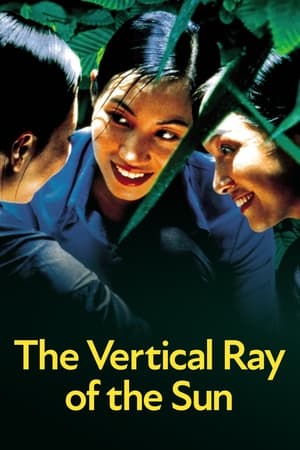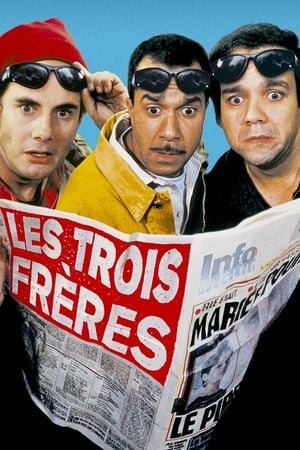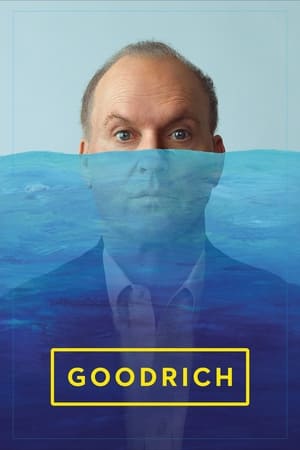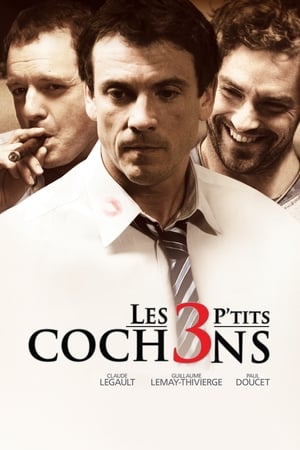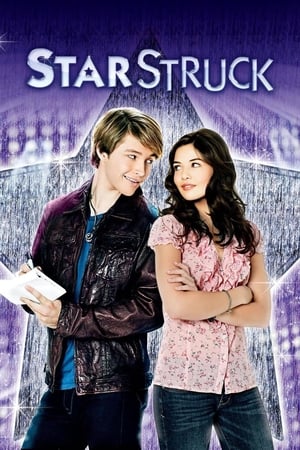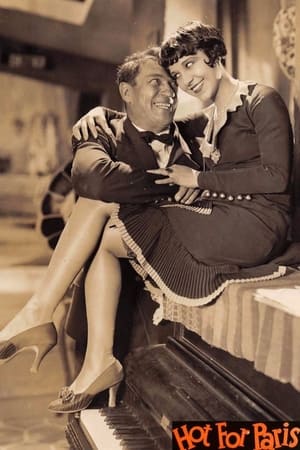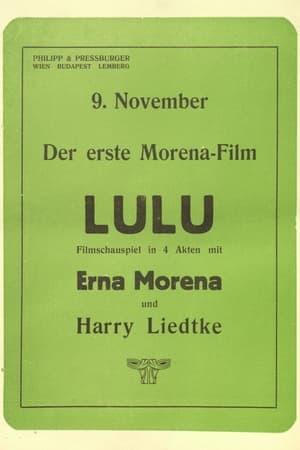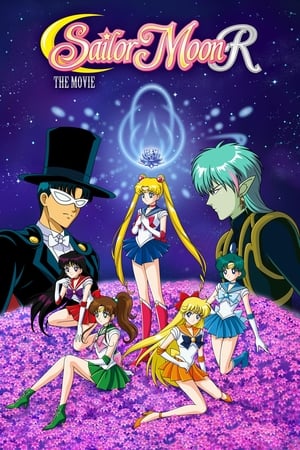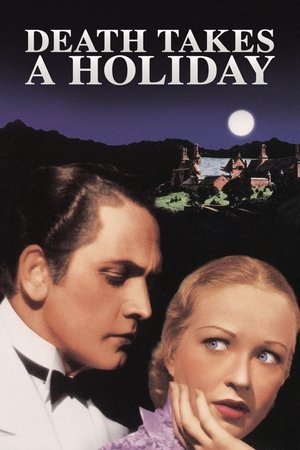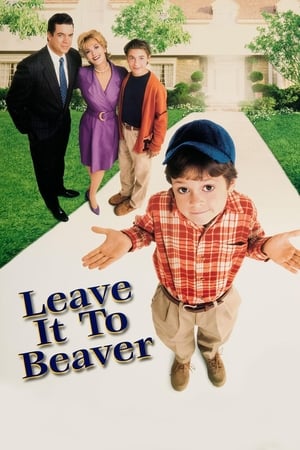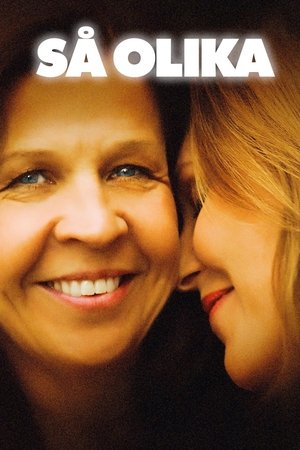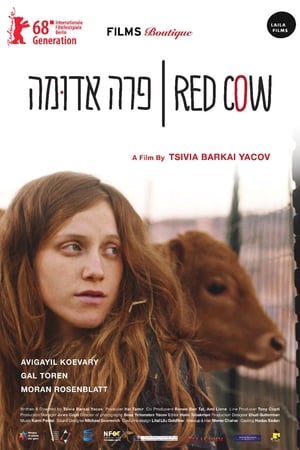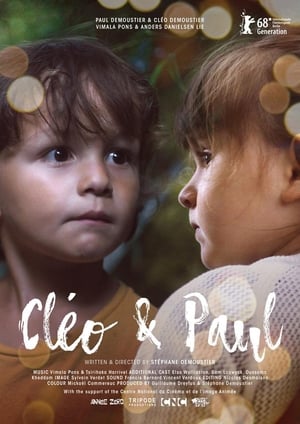Overview
After her return from school in Paris, a playboy finally takes notice of his family's chauffeur's daughter Sabrina, who's long had a crush on him, but he questions his more serious brother's motives when he warns against getting involved with her.
Reviews
**A completely dispensable remake, for many of the qualities it may have, and which it does!**
Firstly, allow me to say that I am not one of those who think that there can or should be untouchable films, which due to their value or relevance should never be subject to revisits or remakes. “Sabrina”, the original film starring Audrey Hepburn and Humphrey Bogart, is a renowned classic and its place will never be in question. However, after seeing this modern remake, I can't help but feel that it was unnecessary. Despite being a good film, it can't be better than the original, it isn't the slightest bit different, and it wasn't able to update the original story. I really don't know where Sidney Pollack was able to think this was a good idea.
The story of this film, as well as a large amount of the dialogue, are copied from the original onto carbon paper, with almost no essential modifications. In fact, the most striking phrases of the dialogues are all there, the situations are the same. Where the film tries to be better is, essentially, in the high production values and the updating of a series of details without great relevance. For example, young Sabrina no longer goes to Paris to become a chef, but to work as an assistant at “Vogue” magazine. And of course, the sets, the filming locations, the props, everything takes us back to contemporary times and is done with the utmost good taste, from the choice of the mansion to the Larrabee corporate headquarters. And given that Pollack is a renowned and highly prestigious director, it's no surprise that the cinematography and soundtrack are also excellent: he was able to find the best. For example, the soundtrack is written by John Williams and, although it is not a remarkable work by the composer, it still has the quality he has accustomed us to.
As for the cast, Pollack also bet on great actors, with solid credits and a solid career in the seventh art. The three main protagonists are Julia Ormond, Harrison Ford and Greg Kinnear, and the latter is perhaps the director's riskiest bet. Ormond and Ford give us, each in their own way, solid and consistent interpretations. However, if in the original film the huge age difference between Bogart and Hepburn was barely noticeable, this was glaring here, and it is extremely bizarre to see Ormond flirting with a man who appears to be her father. And with an aggravating factor: Ford is not, and has never been, an actor particularly suited to romantic plots, it is not a comfortable terrain for him. As a result, Ford and Ormond's romantic chemistry resembles a wall between them. Greg Kinnear does what he can, but doesn't have the strong charisma that is necessary for playboy David. The film also features contributions from John Wood, Nancy Marchand, Lauren Holly and Paul Giamatti.

 127 min
127 min
 6.212
6.212
 1995
1995
 Germany
Germany
 Filipe Manuel Neto wrote:
Filipe Manuel Neto wrote: